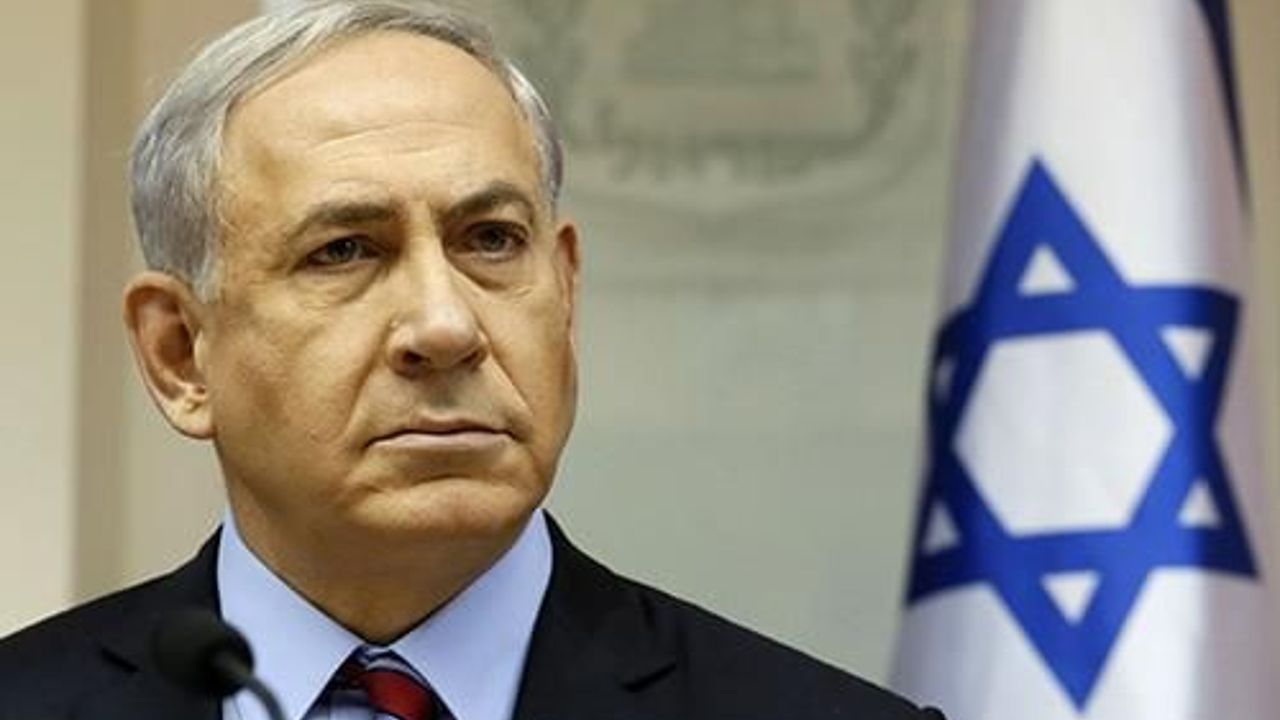Israeli PM Netanyahu broke his Jerusalem promise
World |
Palestinian Foreign Ministry has accused Israeli Prime Minister Benjamin Netanyahu of breaking his promise to Jordanian King Abdullah II to work towards calm in Jerusalem after the Israeli authorities allowed Jewish settlers to force their way into Al-Aqsa Mosque complex earlier Sunday.

Font Size:
"The incursion showed the world that Netanyahu should not be trusted," a ministry statement said Sunday.
"Netanyahu remains the same, adopting deception and stalling as the basis of his political career," the release added.
On Thursday, Netanyahu met with the Jordanian monarch in Amman in the presence of US Secretary of State John Kerry to discuss means of restoring calm to Jerusalem and also establishing a climate conducive to reviving stalled Palestinian-Israeli peace talks, the Jordanian royal court said in a statement.
During the meeting, Netanyahu said Israel was committed to preserving the current situation at holy sites in East Jerusalem.
Shortly later, Israeli authorities have dropped restrictions on access to the Al-Aqsa Mosque complex, allowing worshippers of all ages into the holy site.
Yet, on Sunday, scores of Jewish settlers forced their way into the complex under the protection of Israeli police, rekindling tension in the site.
Tension has been running high in East Jerusalem since Israel closed the Al-Aqsa Mosque compound late last month following the shooting of an extremist rabbi in West Jerusalem.
The closure of Al-Aqsa, along with the killing of a young Palestinian man suspected of shooting the rabbi, has fueled angry protests by Palestinians in East Jerusalem .
Earlier this month, an Israeli police officer was killed when a Palestinian driver ran over a group of Israeli pedestrians in East Jerusalem. The Palestinian motorist was shot and killed on the spot by Israeli police in the immediate wake of the attack.
For Muslims, Al-Aqsa represents the world's third holiest site. Jews, for their part, refer to the area as the "Temple Mount," claiming it was the site of two Jewish temples in ancient times.
Israel occupied East Jerusalem during the 1967 Middle East War. It later annexed the holy city in 1980, claiming it as the capital of the self-proclaimed Jewish state a move never recognized by the international community.
In September 2000, a visit to the site by controversial Israeli politician Ariel Sharon sparked what later became known as the "Second Intifada," a popular uprising against the Israeli occupation in which thousands of Palestinians were killed.
Anadolu Agency
"Netanyahu remains the same, adopting deception and stalling as the basis of his political career," the release added.
On Thursday, Netanyahu met with the Jordanian monarch in Amman in the presence of US Secretary of State John Kerry to discuss means of restoring calm to Jerusalem and also establishing a climate conducive to reviving stalled Palestinian-Israeli peace talks, the Jordanian royal court said in a statement.
During the meeting, Netanyahu said Israel was committed to preserving the current situation at holy sites in East Jerusalem.
Shortly later, Israeli authorities have dropped restrictions on access to the Al-Aqsa Mosque complex, allowing worshippers of all ages into the holy site.
Yet, on Sunday, scores of Jewish settlers forced their way into the complex under the protection of Israeli police, rekindling tension in the site.
Tension has been running high in East Jerusalem since Israel closed the Al-Aqsa Mosque compound late last month following the shooting of an extremist rabbi in West Jerusalem.
The closure of Al-Aqsa, along with the killing of a young Palestinian man suspected of shooting the rabbi, has fueled angry protests by Palestinians in East Jerusalem .
Earlier this month, an Israeli police officer was killed when a Palestinian driver ran over a group of Israeli pedestrians in East Jerusalem. The Palestinian motorist was shot and killed on the spot by Israeli police in the immediate wake of the attack.
For Muslims, Al-Aqsa represents the world's third holiest site. Jews, for their part, refer to the area as the "Temple Mount," claiming it was the site of two Jewish temples in ancient times.
Israel occupied East Jerusalem during the 1967 Middle East War. It later annexed the holy city in 1980, claiming it as the capital of the self-proclaimed Jewish state a move never recognized by the international community.
In September 2000, a visit to the site by controversial Israeli politician Ariel Sharon sparked what later became known as the "Second Intifada," a popular uprising against the Israeli occupation in which thousands of Palestinians were killed.
Anadolu Agency
Similar News
Video News

WORLD
26 Mart 2024 - 11:18
Photo News






